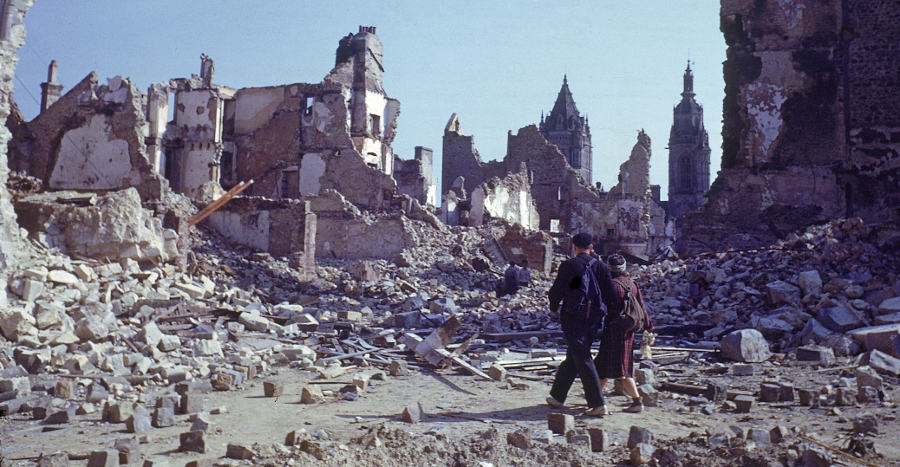The Greatest Generation

I came across this while researching the War in the Pacific: “Some journalists were visiting a Japanese school. During a chat with one class of youngsters, a journalist asked about the war between Japan and the U.S. One student asked, ‘The United States and Japan were in a war?’ Yes, the journalist replied, to which the student asked, ‘Who won?’” There are many ways to interpret this, positive and negative. I choose a positive: it turns the largest conflict the world has ever known into a curiosity, a forgotten relic of a past way of life. There is a saying, “One who forgets the past is condemned to repeat it.” I’m not sure I believe that anymore, at least not in the way the statement is often used. I think it is good for societies to forget things, not literally but emotionally, the way we have forgotten the Inquisition. When we read about it now it seems bizarre. It has no power over us because emotionally we have forgotten it.
But we still cling to our wars. Witness the whole “greatest generation” nonsense. The greatest thing about that generation was the misery they inflicted on their own and kindred generations. I would propose that the greatest generation would be one that could get along without killing one another in such massive numbers. Yes, I know that in the popular mind the term “greatest generation” refers to a generation of Americans. But doesn’t such a nationalistic use of the word “generation” perpetuate the kind of “us vs. them” thinking that is the cause of virtually all wars?
So I like the idea that children could grow up unaware that Japan and the United States had fought a brutal war. In Cambodia there was a push to educate children about the genocide because they didn’t believe it had happened. They refused to believe that their parents could do such a thing to one another. I would call that progress.
Posted on February 23, 2013 at 9:20 pm under Life & Culture